
The Politics of Yemen are in an uncertain state due to the Houthi takeover in Yemen. An armed group known as the Houthis or Ansar Allah seized control of the Northern Yemeni government and announced it would dissolve parliament, as well as install a "presidential council", "transitional national council", and "supreme revolutionary council" to govern the country for an interim period. However, the deposed president, Abdrabbuh Mansur Hadi, has declared he is still in office and is working to establish a rival government in Aden.
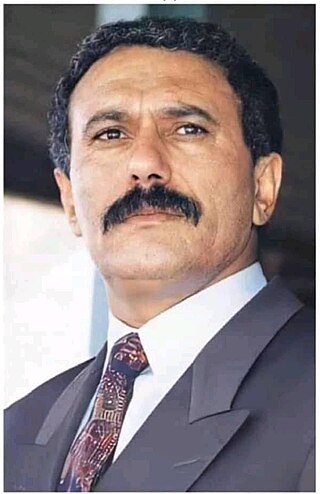
Ali Abdullah Saleh Affash was a Yemeni military officer and politician who served as the first president of the Republic of Yemen from the Yemeni unification in 1990 until his resignation in 2012, following the Yemeni revolution. Previously, he had served as the fourth and last President of the Yemen Arab Republic, from July 1978 to 22 May 1990, after the assassination of President Ahmad al-Ghashmi. al-Ghashmi had earlier appointed Saleh as military governor in Taiz.

The General People's Congress is a political party in Yemen. It has been the de jure ruling party of Yemen since 1993, three years after unification. The party is dominated by a nationalist line, and its official ideology is Arab nationalism, seeking Arab unity.

Elections in Yemen take place within the framework of a presidential system, with both the President and House of Representatives elected by the public. Due to political instability, elections have not been held regularly since the early 2000s.

The Yemeni Socialist Party is a democratic socialist political party in Yemen. A successor of Yemen's National Liberation Front, it was the ruling party in South Yemen until Yemeni unification in 1990. Originally Marxist–Leninist, the party has gradually evolved into a social democratic opposition party in today's unified Yemen.

The Yemeni unification took place on 22 May 1990, when the People's Democratic Republic of Yemen was united with the Yemen Arab Republic, forming the Republic of Yemen.

Presidential elections were held in Yemen on 20 September 2006, alongside local elections. Incumbent president Ali Abdullah Saleh of the General People's Congress was re-elected to a seven-year term with 77% of the vote, defeating opposition coalition candidate Faisal Bin Shamlan.

Parliamentary elections were held in Ukraine on 27 March 1994, with a second round between 2 and 10 April. These were the first parliamentary elections in Ukraine as an independent state. A total of 15 political parties won seats, although a majority of deputies were independents. However, 112 seats were remained unfilled, and a succession of by-elections were required in July, August, November and December 1994 and more in December 1995 and April 1996. Three hundred (300) seats or two thirds (2/3) of the parliament were required to be filled for the next convocation.

Parliamentary elections were held in Yemen on 27 April 2003 to elect all 301 members of the House of Representatives for a six-year term. The elections had originally been scheduled to take place in 2001. The General People's Congress of President Ali Abdullah Saleh received 58% of the vote, increasing its majority in the parliament with 229 MPs.

Direct presidential elections were held in Yemen for the first time on 23 September 1999. Candidates had to be approved by at least 10% of the 301 members of the House of Representatives; however, in practice this meant that only two parties, the ruling General People's Congress (GPC) and al-Islah had enough seats to nominate their candidates. However, al-Islah backed the GPC candidate, incumbent President Ali Abdullah Saleh rather than running a candidate of their own.

Parliamentary elections were held in Yemen on 27 April 1997 to elect all 301 members of the House of Representatives for a six-year term. The governing General People's Congress of President Ali Abdullah Saleh won a landslide victory, taking 187 of the 301 seats, although several opposition parties including the Yemeni Socialist Party boycotted the election alleging that the government had harassed and arrested their party workers. The main opposition party, al-Islah, attacked the government for not carrying out economic reforms and for corruption. Voter turnout was 61.0%.
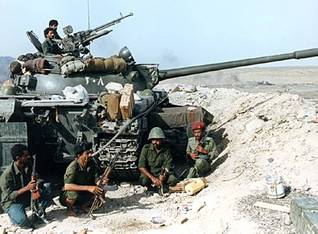
The Yemeni civil warof 1994, known in Yemen as the 1994 Summer War, was a civil war fought between the two Yemeni forces of the pro-union northern and the socialist separatist southern Yemeni states and their supporters. The war resulted in the defeat of the southern separatists and the reunification of Yemen, and the flight into exile of many leaders of the Yemeni Socialist Party (YSP) and other separatists.

Presidential elections were held in Finland in 1988. They were the first elections held under a new system. Previously, the public had elected an electoral college that in turn elected the President. For this election, the public directly elected the President on 31 January and 1 February, but also elected an electoral college that would elect the President if no candidate won over 50% of the popular vote. The college was increased in size from 300 to 301 seats to make a tie less likely, though this was still technically possible, as electors could abstain from voting.

The Yemeni Congregation for Reform, frequently called al-Islah, is a Yemeni Sunni Islamist movement established in 1990 by Abdullah ibn Husayn al-Ahmar, Ali Mohsen al-Ahmar, Abdul Majeed al-Zindani, with Ali Saleh's blessing. The first article of Islah basic law defines it as "a popular political organization that seeks reform of all aspects of life on the basis of Islamic principles and teachings".
General elections were held in Lebanon between 16 and 30 April 1972. Independent candidates won a majority of seats, although most of them were considered members of various blocs. Voter turnout was 54.4%.

Parliamentary elections were held in the Yemen Arab Republic on 5 July 1988. As political parties were banned, all 1,300 candidates for the 128 seats ran as independents. Around 40 seats were won by tribal candidates, whilst around 30 were won by candidates sympathetic to the Muslim Brotherhood. After the election, a further 31 members were appointed by the President. Voter turnout was 77%.
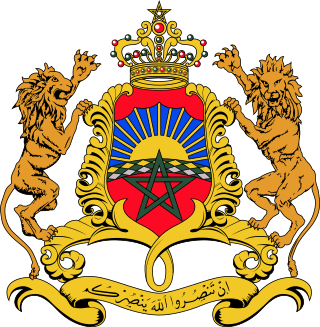
Early general elections were held in Morocco on 25 November 2011, brought forward from 2012 and then postponed from 7 October 2011.
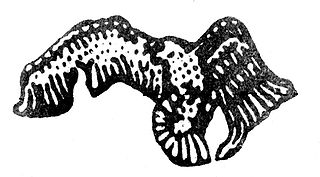
The Arab Socialist Ba'ath Party, also referred to as the pro-Iraqi Ba'ath movement, is a Ba'athist political party which was headquartered in Baghdad, Iraq, until 2003. It is one of two parties which emerged from the 1966 split of the original Ba'ath Party.

The National Arab Socialist Ba'ath Party – Yemen Region is a political party in Yemen. The party is the Yemeni regional organisation of the Iraq-led Ba'ath Party. The secretary of the party in Yemen is Dr. Qassam Salam Said. Abdulwahid Hawash serves as the deputy secretary. The party publishes the newspaper Al-Ehyaa Al-'Arabi.
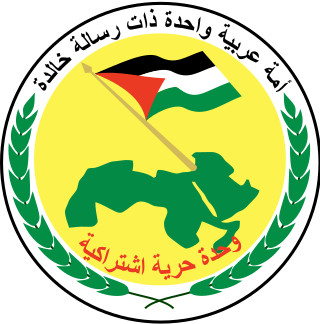
The Arab Socialist Ba'ath Party, also referred to as the pro-Syrian Ba'ath movement, is a neo-Ba'athist political party with branches across the Arab world. From 1970 until 2000, the party was led by the Syrian president and Secretary General Hafez al-Assad. Until 26 October 2018, leadership was shared between his son Bashar al-Assad and Abdullah al-Ahmar.
























